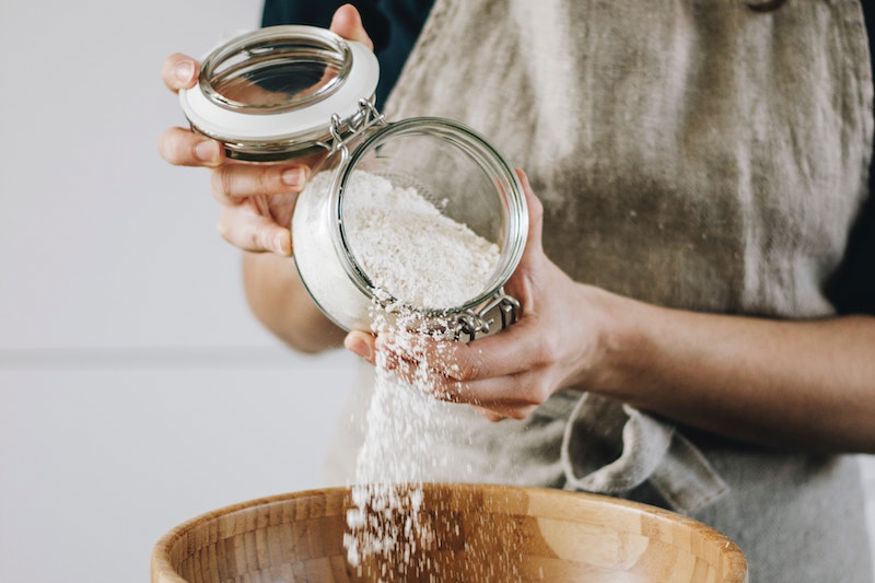Disclosing Our Food Selves
26 August, 2021

When I finished my psychotherapy training, I didn’t follow the ‘recipe’. I didn’t rent a consulting room and buy the Standard Edition of Freud. Instead, I bought knives, chefs’ whites and clogs. I decided to swap the couch for the kitchen. I went to Leiths School of Food and Wine to do an intensive course in classic French cuisine.
Psychotherapy was slow and heady but this course was frantic and hands-on, which was exactly what I wanted at that time. I wasn’t sure what kind of psychotherapist I was or wanted to be. Cooking, and food in general, has always been my safe haven; it’s the place where I feel secure and most myself, in both mind and body. Some recent experimental research shows that cooking increases feelings of excitement, arousal and aliveness – key ingredients of Freud’s Life Force.
My food self and my therapy self, however, first met when I started my training. During a session that happened to be online (once upon a time before Zoom), when I was feeling especially defended, dismissive and despondent, my therapist said, “Tell me about those books behind you?” He was pointing at Nigella Lawson’s How to Eat and Ottolenghi’s Simple. In what felt like a pantomime-esque ‘It’s behind you!’ was an invitation to bring more of myself into our relationship, and for food to be my secure base from which to explore the world. Food continues to feed our therapeutic relationship to this day. It gives a relational authenticity to our work.
Relational psychoanalysis tells us that the therapist – who they are, their affects – comes directly into the work whether we like it or not. At its heart, the approach turns the traditional psychoanalytic tenet of ‘blank slate’ on its head, especially in its judicious use of self-disclosure.
As I have become more relational in my approach as a therapist, I have increasingly disclosed my food self. The chef Anthony Bourdain once advised us to “walk in someone else’s shoes or at least eat their food”. So I do just that: every month I create a recipe inspired by a client’s food memory and this forms the basis for the blog on my website, Cupboard Love. It is a kind of self-disclosure that helps the client to know that I have been moved by their experience and that they have a place in my ‘other life’ – and at my table.
When I asked one client for permission to write about the story of he and his late father's magical make-believe place of ‘Chocolate Island’, he replied, “You think of me outside of this room?” I told him that he inspired my chocolate île flottante (‘floating island’) recipe. At that point my client wasn’t a man who was an island. And he wasn’t floating either – he knew he was held in mind. The conversation, and the self-disclosure on my part, seasoned the therapy; just like salt it brought out the flavour of both of our characters. Because I was able to be myself more, so was he. It helped to enhance that core relational dynamic of mutual empathy, which interestingly, has been shown to increase when we cook for another person.
To return to those two books that my own therapist noticed on my bookshelf all those years ago… psychotherapy is certainly not ‘Simple’, and there is no ‘How To’ guide. But I am increasingly finding that a relational recipe that includes self-disclosure can be really nourishing for the work.
Attachment, Relationships and Food: from cradle to kitchen a new book about food and attachment edited by Linda Cundy and featuring a contribution by Andrea Oskis, has just been published by Routledge.





